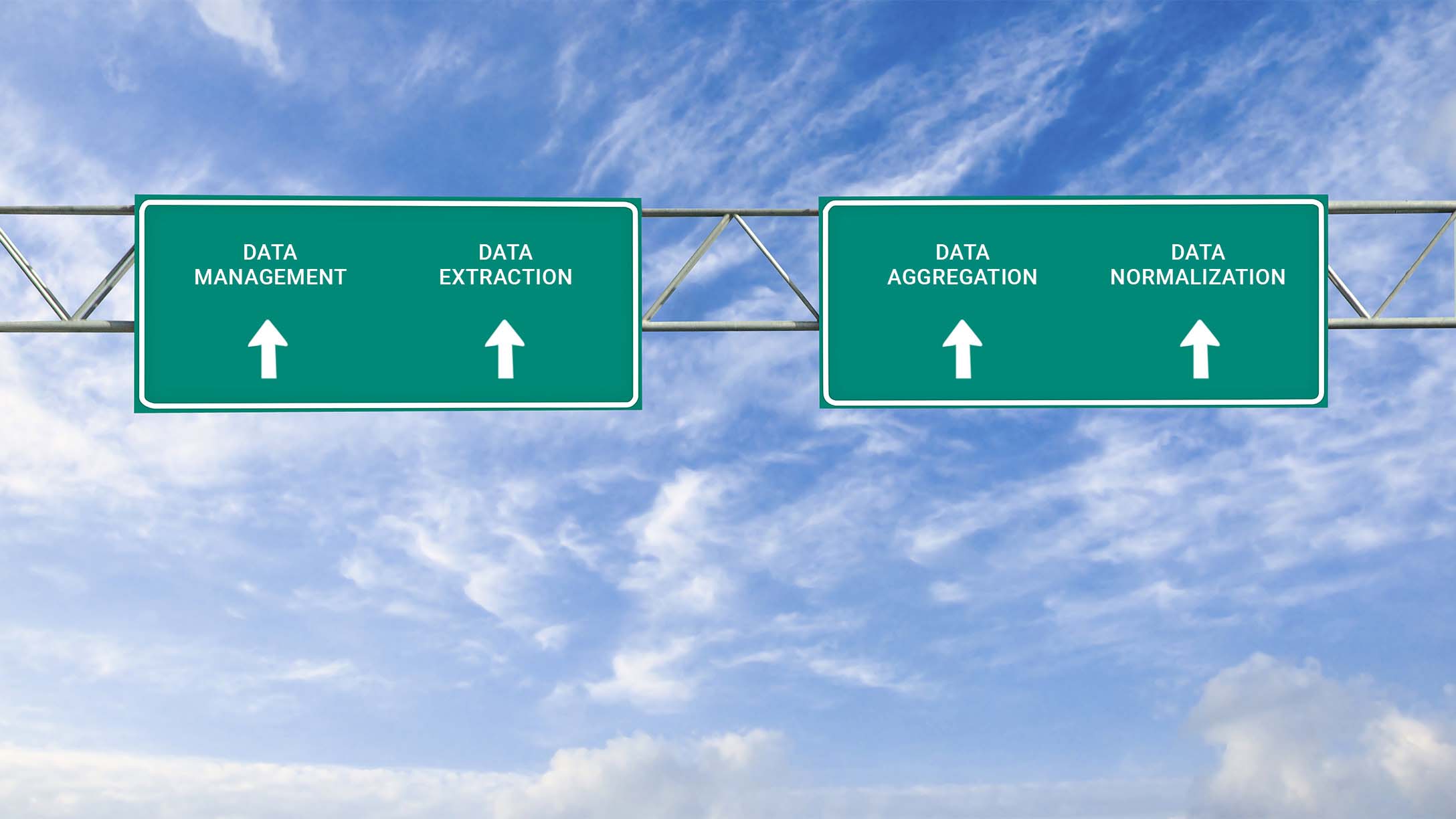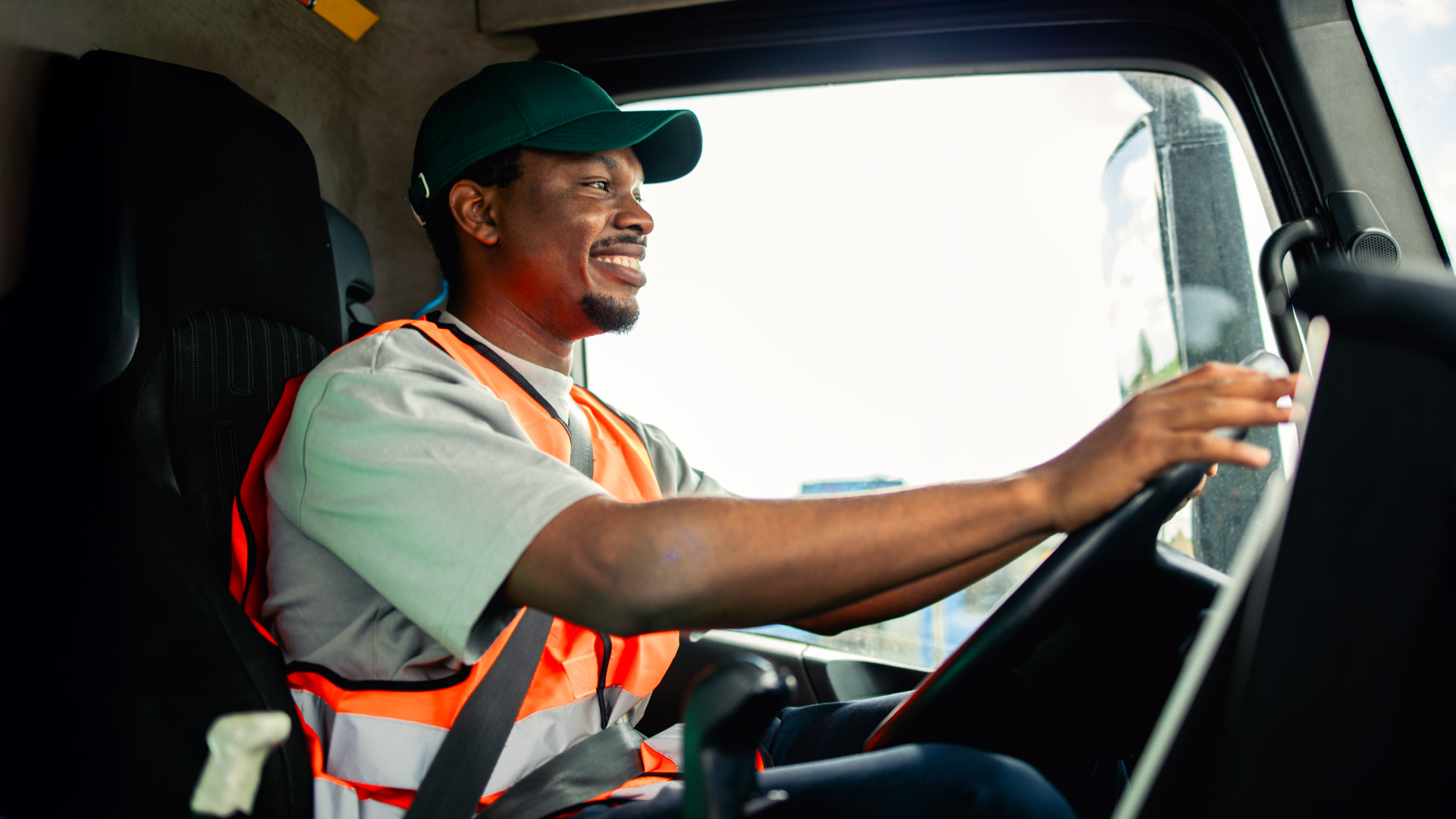Why data normalization is important for fleet management
Explore data normalization and why it’s important for your fleet.

By Melanie Serr
Jul 31, 2019
Updated: Apr 24, 2023
2 minute read

How do you take information from cars, trucks, buses, of many different makes and models from all around the world and present it in a format that is easy to work with? Enter a little discussed, yet important part of telematics, called data normalization. This post takes you behind the scenes to explore this fascinating process.
See also: 6 steps for data cleaning and why it matters
What is data normalization and why is it important?
Data normalization is the process of cleaning, filtering and standardizing data. Why is this process so significant? Without it, fleet management would be much more complicated and time-consuming. Fleets would need to go through multiple sources to try to access information from their fleet vehicles. Furthermore, the data available might be limited in some cases, depending on the vehicle type or manufacturer, and also in different formats.
Vehicle data is complex
Every vehicle manufacturer, and on down to the vehicle model, has its own set of codes, data formatting, order of data and so on. A single make/model could even change multiple codes and definitions in just one model year.
There is a mixture of connection types among vehicles, such as CAN-BUS found on trucks and large buses, compared to the OBDII port typically found on light-duty vehicles. International and mixed fleets will be familiar with this issue. There are also specific connection types and protocols governing equipment like generators and fork lifts.
Within those protocols, there is an evolution of protocols, such as the change from SAE J1708 to SAE J1939. There are still many heavy duty vehicles internationally using J1708, so Geotab must be able to translate those protocols to make sense compared to their newer counterparts in SAE J1939 protocol.
See also: Telematics Glossary: 100+ Terms to Know
Geotab translates vehicle data for fleet use
Geotab acts as one giant data language library and translator for the fleet industry. We provide access to data from almost every make and model, car, van, truck, including electric vehicles (EVs) and Plug-in Hybrid electric vehicles (PHEVs).
With our experience in telematics, Geotab has developed a way to access all these data language protocols and translate it so that fleets can accurately use and compare the data. Since the auto and truck industry is constantly evolving, we stay on top of changes and update our system with each new model added to it. We do this through what we call Geotab Status Data IDs.
Why does it matter? How data normalization impacts fleets
Geotab users don’t see this process, but what they do see is seamless access to all their fleet vehicles in one telematics platform. For example, a fleet manager can create a fleet rule for speeding or idling that apply to all vehicles, without having to create different rules for every type of protocol language. This also applies to fleet reporting and setting up alerts.
No matter how the data is formatted, when the fleet manager accesses MyGeotab, all the different language protocols have been reverse engineered into one single Geotab language.
Comparing Vehicle A to Vehicle B is now possible without the user needing to think about any of this.
In cases where data normalization is not happening, fleets would find it difficult to directly and quickly compare Vehicle A to Vehicle B, and in general would find very little use for vehicle data. It might even be necessary to hire more people just to do data entry and analysis.
As competition and the pressure to reduce costs increases, having the ability to access and analyze your fleet intelligence becomes ever more vital. In other words, while it’s not a highly visible process, data normalization is critical to helping fleets achieve their goals for increasing driver safety and improving efficiency, sustainability and profitability.
Related:
Subscribe to get industry tips and insights

Melanie Serr
Melanie Serr is a Senior Manager, Brand Communications for Geotab with an eye on fleet safety and all things tech.
Table of Contents
Subscribe to get industry tips and insights
Related posts

What is government fleet management software and how is it used?
April 10, 2025
3 minute read


Geotab Data Connector gets an upgrade for better fleet insights
February 24, 2025
1 minute read

Geotab: Unlocking value and enhancing K-12 transportation with data-driven fleet management
February 21, 2025
1 minute read

Driver incentive programs to improve safety, retention and fleet efficiency
February 7, 2025
4 minute read
